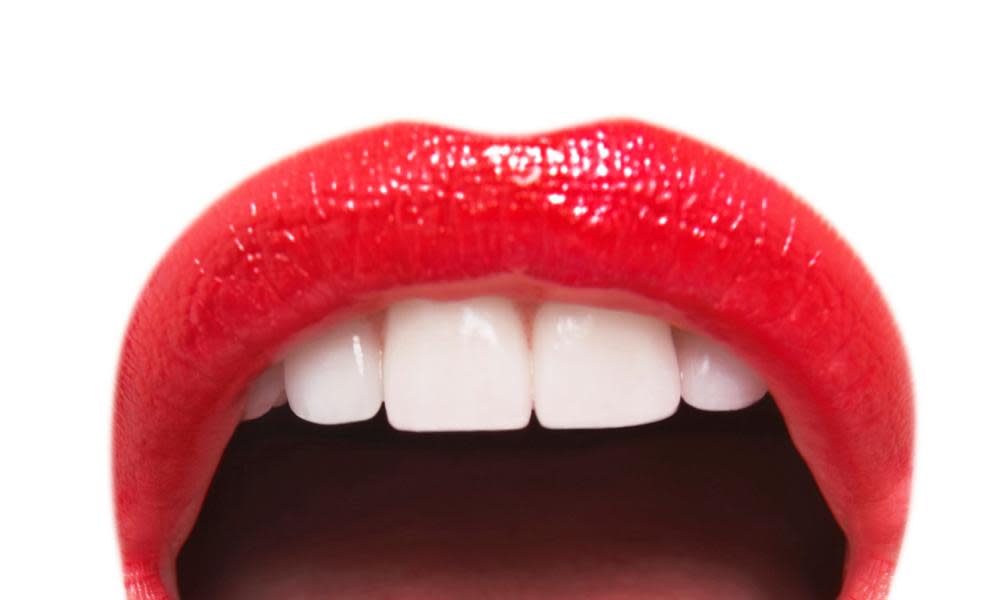The answer for women who feel worthless is not 'you are beautiful'

There is a reddit post doing the rounds of the clickbait sites. You may have seen it, headlined with something like: A woman asked other women how they coped with not being beautiful, and a man — yes, a MAN! — had the perfect response.
The original post asks a forum of other women how they cope with not being pretty. She confesses that she wants to be beautiful; is jealous of those “born pretty”; asks for advice how to love and accept herself despite not being beautiful; and asks how to cope with the guilt of placing such a high importance on her looks that she believes they are the cause of every slight or snub.
The top response was a heartfelt comment from a man about the process of falling in love. He wrote, with a curiously revelatory air, as if women would be unfamiliar with this process, that when a man gets to know a woman as a person and falls in love he also begins to think she is beautiful. And thus, the problem is solved.
That this could be considered the perfect response is utterly infuriating. It suggests that the future possibility of someone thinking she is beautiful will make everything OK, even though she asked not “what if no one loves me?” but “how do I live with myself?”
If a woman feels unworthy in every area of her life because she has been conditioned from birth that virtue, value, and beauty are synonymous, has internalised misogyny to the degree that she cannot help but project that hatred onto other women who she feels better meet the feminine ideal, she need only find a man who looks past her looks and everything will be fine.
I identify with the woman who asked this question. I spent an inordinate amount of time and effort in my teens and twenties, and did some unforgivably stupid things, in search of male validation of my desirability only to feel more worthless every time. Let me assure you the answer is unquestionably not “try another man”.
Instead ask: who benefits from this system that makes me and everyone I know feel terrible?
Our helpful man is not alone. “Everyone is beautiful to someone” is a common response whenever you broach the subject of beauty standards, because it is more comfortable than the alternative.
The alternative, in case you are wondering, is not “some people are just ugly”. It is to dismantle the patriarchal system that holds that women, non-binary folk, and some men must look and act a certain way in order to be recognised as fully human.
I should forestall the inevitable kickback by stating a few simple facts. I am a woman. I am not beautiful. I am exceptionally average, running to fat. I am also white, which gives me a greater freedom to dismiss social pressure to perform beauty as best I can in order to be accepted. Rejecting the dominant beauty standard is easier the closer you stand to it. As Amanda Mull wrote in Nylon, “purposeful ugliness has been the dominant idea in much of fashion for nearly half a decade, but only some people have cultural permission to stare into that particular abyss”.
A few years ago, Australian journalist Tracey Spicer stopped wearing makeup in protest against the expectation that she had to look a certain way to be taken seriously. She was praised a brave and inspirational – which she was, given the rigid standards to which women are held in media, particularly women whose skin has been allowed to age past 23.
Spicer is also white, blonde, and conventionally attractive, makeup or no.
Without fail her photos and writings were populated by a flood of comments telling Spicer that she still looked beautiful without the makeup or even that they preferred her bare-faced, as if their preference was relevant.
These responses are intended to be affirming and what they affirm is that beauty is always the goal, it’s just the definition that needs changing. It does not matter if the recipient of these comments is beautiful or not, as Spicer clearly is. What matters is they do not have to be.
Plus-sized women and other aspects of body positivity movement face, and often fall into, the same dialogue. Beauty at any size still has beauty as its object.
I won’t argue against a broadening of what is held up as beautiful in the industries that have declared themselves arbiters of such things, particularly not when traditional parameters of beauty have been set along race, class, and rigid gender lines. It is an obvious good thing.
But if we respond to a woman saying she feels worthless because she is not beautiful by saying that she is beautiful anyway, we are just reinforcing the trap.

 Yahoo News
Yahoo News 
